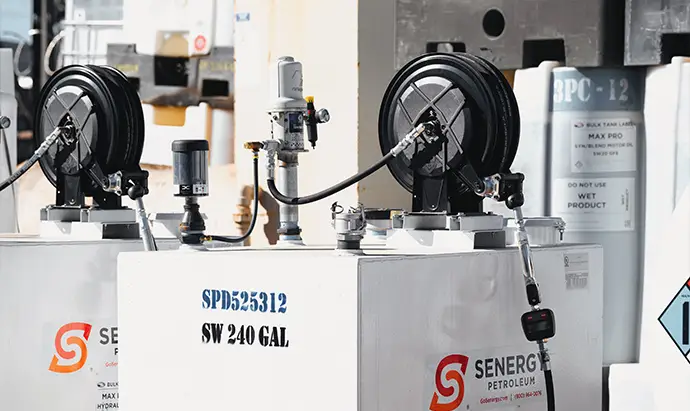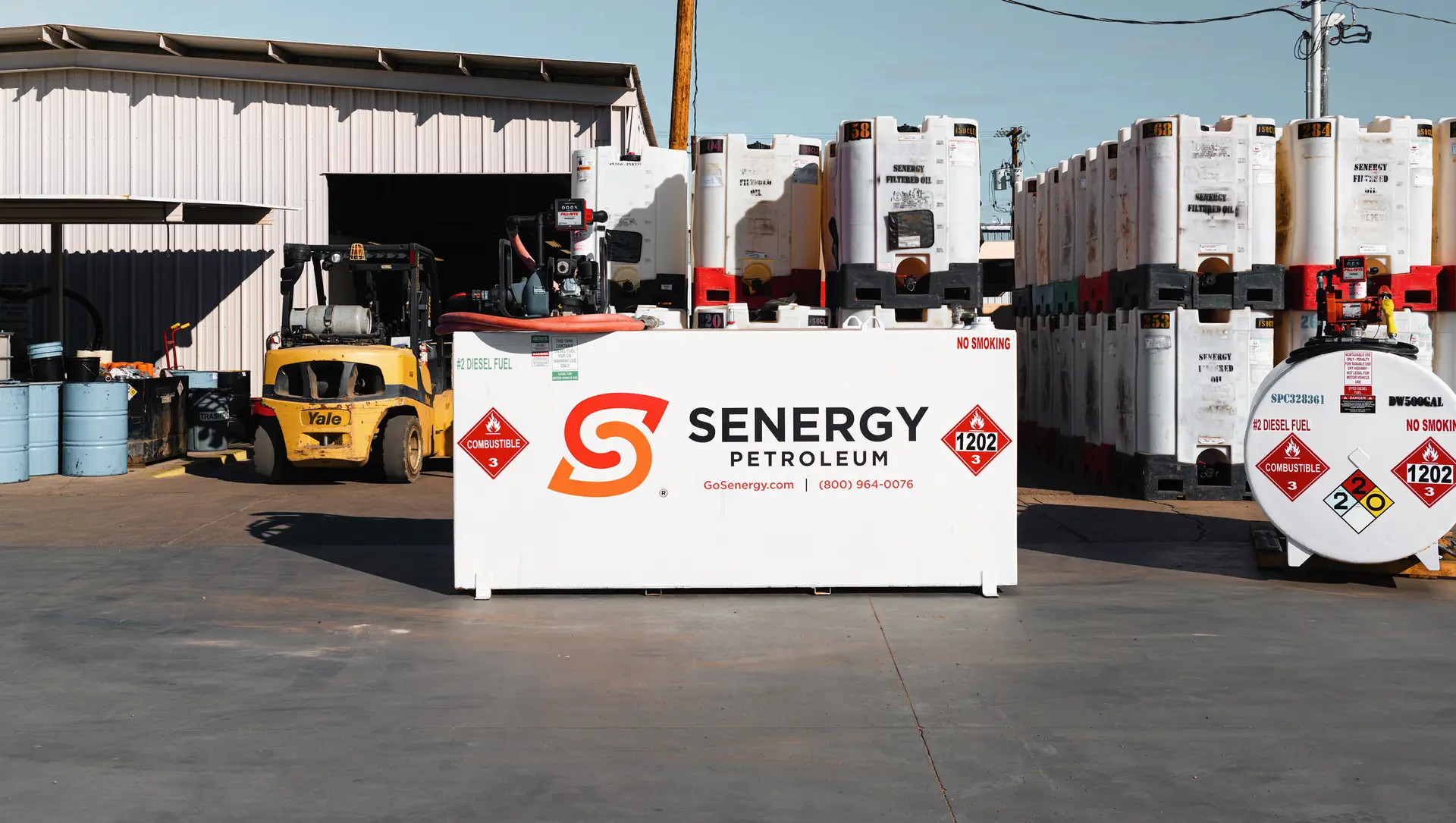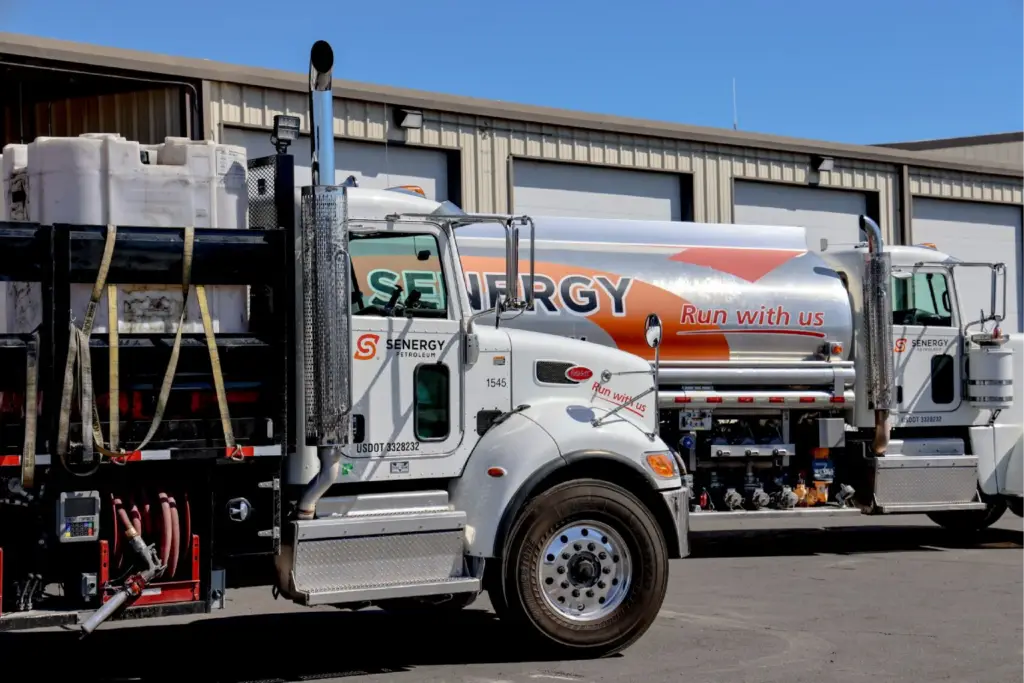How Fuel Storage Solutions Can Improve Operational Safety
Fuel is a necessary component of everyday operations for industries ranging from transportation to agriculture to construction. It powers equipment, machinery, and vehicles, enabling businesses to operate effectively and efficiently. However, improper storage can jeopardize worker safety and disrupt operations. A safe and effective fuel storage system is essential to prevent accidents and maintain smooth operations.
Fuel storage systems, such as bulk fuel tanks and containment fuel systems, are designed to maximize safety and ensure operational reliability. Proper fuel storage helps companies avoid accidents and maintain trouble-free operations on a day-to-day basis.

The Role of Proper Fuel Storage to Prevent Accidents
Fuel is extremely dangerous and volatile unless stored safely. Misuse, leakages, and spills are leading causes of fuel accidents in the workplace. Precautions for storage, such as using bulk fuel tanks with proper sealing devices alongside effective storage procedures, are essential to preventing these accidents. Proper planning and installation of fuel storage equipment play a crucial role in reducing the risk of fire or explosion, protecting lives and infrastructure.
Fuel leaks, often caused by poorly maintained tanks or compromised seals, are a major source of workplace accidents. Fuel storage safety depends heavily on regular maintenance and inspection. Tank leak detection systems can help identify deficiencies before they escalate into major issues. Additionally, ensuring bulk fuel tanks are constructed from durable materials reduces the likelihood of corrosion or degradation, which can compromise safety over time.
Fuel Containment Systems and Their Importance
Fuel containment systems provide critical safety measures against spills and leaks. These systems typically include tanks, drains, and barriers designed to contain any leaked fuel from storage tanks. Their role in maintaining operational safety cannot be overstated. A fuel leak can pose unsafe conditions, such as the risk of fires, without a proper containment system in place.
Effective fuel containment is essential for safety. Spills and leaks can lead to hazardous conditions that threaten workplace safety and disrupt operations. Fuel containment protocols ensure accidents are prevented, providing businesses with the confidence of maintaining safe and uninterrupted operations.

Choosing the Right Fuel Storage Solution
The need for fuel storage is a critical area where selecting the right solution can determine success or failure. Bulk fuel tanks are typically the choice for companies requiring large volumes of fuel to be stored. Tank configurations vary, including holding tanks and industrial tanks, designed to accommodate fuel in various capacities. However, it is important to note that not all bulk fuel tanks are created by the same manufacturer. Companies must evaluate their specific requirements when selecting a tank to purchase.
The type of fuel to be stored, the required quantity, and the tank’s placement are key factors in choosing the right solution. Strength, durability, and resistance to wear and tear are important considerations to ensure the tank performs safely and reliably over time.

The Benefits of Regular Checking and Monitoring
Even the best fuel storage measures can become safety hazards if they are not properly maintained and serviced regularly. Spills, leaks, and other dangerous accidents are more likely to occur over time because containment equipment and tanks can deteriorate. Businesses must establish a strict maintenance schedule to ensure their fuel storage systems operate at peak performance at all times.
Fuel storage safety extends beyond installation; it requires ongoing inspections and servicing. Regular inspections, such as checking for corrosion, leakage, or faults in tank integrity, can identify potential issues early before they escalate into safety risks. Some modern fuel storage systems include monitoring devices that alert staff to potential problems in real time. Proactive awareness is crucial in preventing accidents and ensuring uninterrupted business operations.
Employee Training on Fuel Storage Safety
While having proper fuel storage systems installed is crucial, it is equally important to train employees on how to use these systems. Mishandling fuel can lead to accidents, spills, and even fatalities. Employees must be thoroughly trained in the proper handling of fuel storage systems.
Training should be comprehensive and cover all aspects of fuel handling, from routine refueling to responding to spills and managing emergencies. It should also include guidance on daily inspections of fuel storage systems and recognizing early warning signs of potential issues to prevent them from escalating. Safety-focused training equips organizations to ensure their personnel can respond effectively and immediately in case of a fuel-related incident.
Prioritizing Fuel Storage Safety for Long-Term Success
In conclusion, fuel storage security is not just a precaution but a critical component of any business relying on fuel for operations. By prioritizing well-maintained storage equipment, such as bulk fuel tanks and containment systems, businesses can significantly reduce accidents and enhance efficiency. Combining the right storage solutions, regular maintenance, and comprehensive staff training creates a strong foundation for long-term safety and uninterrupted operations. By committing to these practices, companies can ensure the safety of their workforce and the seamless continuation of their day-to-day activities.

